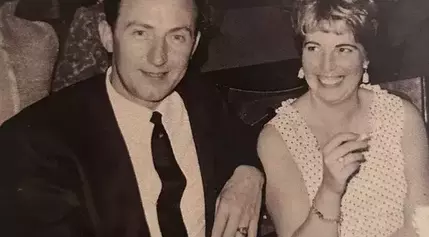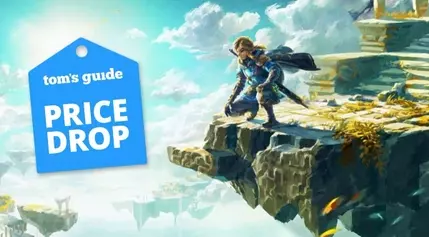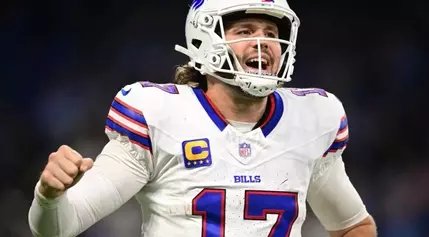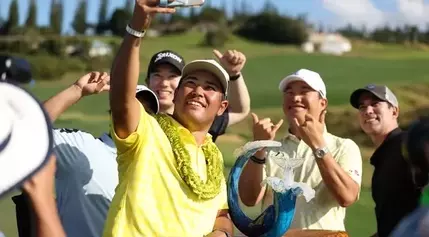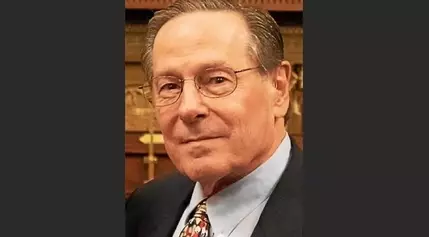As Novak Djokovic approaches his 38th birthday, he stands on the cusp of breaking records that have stood for decades. With an eye on securing his 25th Grand Slam title, Djokovic is set to compete in the Australian Open, aiming for his 11th victory there. Despite the physical demands of modern tennis and the historical challenges faced by players in their late thirties, Djokovic remains a formidable force. Six-time Grand Slam champion Stefan Edberg believes Djokovic’s best chances lie in Melbourne or Wimbledon, where his grass-court experience could be pivotal. However, age and reduced match play over the past six months present significant hurdles.
Djokovic's recent achievements include winning Olympic gold, a prize he had long sought after. This success came just two months following knee surgery and three weeks after a tough loss at Wimbledon. While last year marked the first time since 2017 that he did not win a major title, Djokovic has demonstrated remarkable resilience. The inclusion of Andy Murray as his coach adds a fresh dynamic, providing both tactical insight and motivational support. Despite the odds, Djokovic's pursuit of records continues to drive him forward.
The Age Factor: A Double-Edged Sword
Age has become a central theme in Djokovic's career. At 37, he surpasses Ken Rosewall's record as the oldest Grand Slam singles winner in the Open era by six months. Modern tennis places greater physical demands on players, making it increasingly challenging for veterans like Djokovic. However, history shows that age alone does not determine outcomes. Federer nearly won the 2019 Wimbledon final just before turning 38, and Nadal claimed his last Grand Slam title at 36. These examples offer encouragement, suggesting that while the path is difficult, it is not impossible.
Despite the physical toll, Djokovic's mental fortitude and competitive spirit remain strong. His decision to increase tournament participation this year should help maintain his match fitness. Recent performances, such as his quarter-final appearance at the Brisbane International, indicate that he is still capable of competing at the highest level. Moreover, smarter scheduling and fewer commitments like Davis Cup matches, which historically shortened careers, provide additional advantages. Edberg highlights how top players now feel no psychological barriers to winning in their thirties, attributing this shift to better management of their schedules and resources.
New Beginnings with Andy Murray: Inspiration and Strategy
The addition of Andy Murray as Djokovic's coach represents a strategic move aimed at reigniting his competitive edge. Murray, who retired less than six months ago, brings invaluable knowledge of current players and tactics. Unlike previous coaching partnerships involving retired legends, Murray's recent experience offers immediate relevance. Djokovic cited "big plans" as the reason for bringing Murray onboard, emphasizing the importance of staying motivated and inspired. Murray's presence adds an extra layer of excitement to Djokovic's matches, drawing more attention and potentially influencing outcomes.
Murray's contributions extend beyond tactical advice. He provides psychological support and motivation, helping Djokovic navigate the pressures of chasing records. The duo's proximity in age—just seven days apart—fosters a unique camaraderie, enhancing their collaboration. Edberg notes that small adjustments can make a significant difference, whether in match preparation or off-court activities. Djokovic's showmanship and desire for headlines align perfectly with Murray's role, creating a synergy that could propel Djokovic to new heights. As he embarks on this new chapter, even at 37, the possibility of breaking records remains very much alive.

